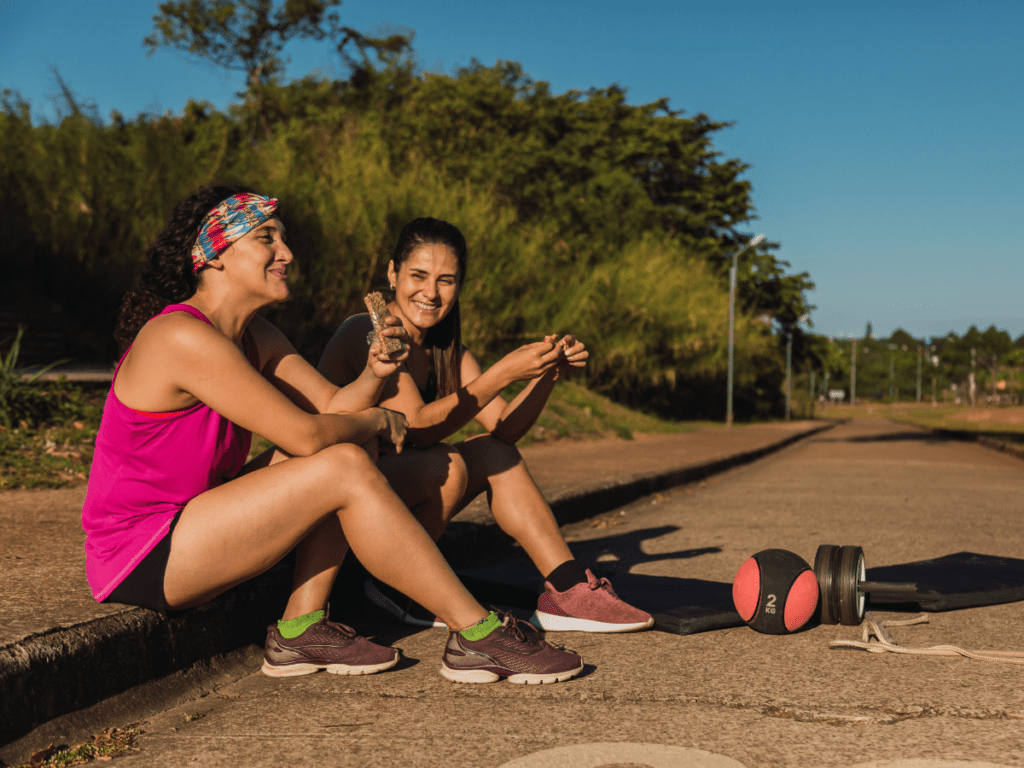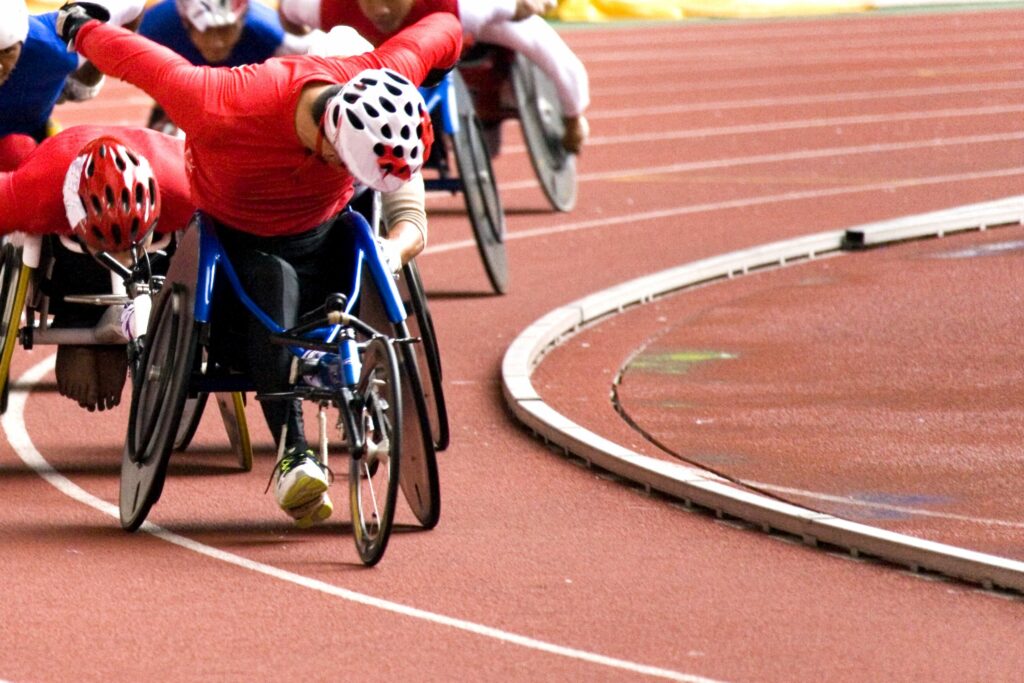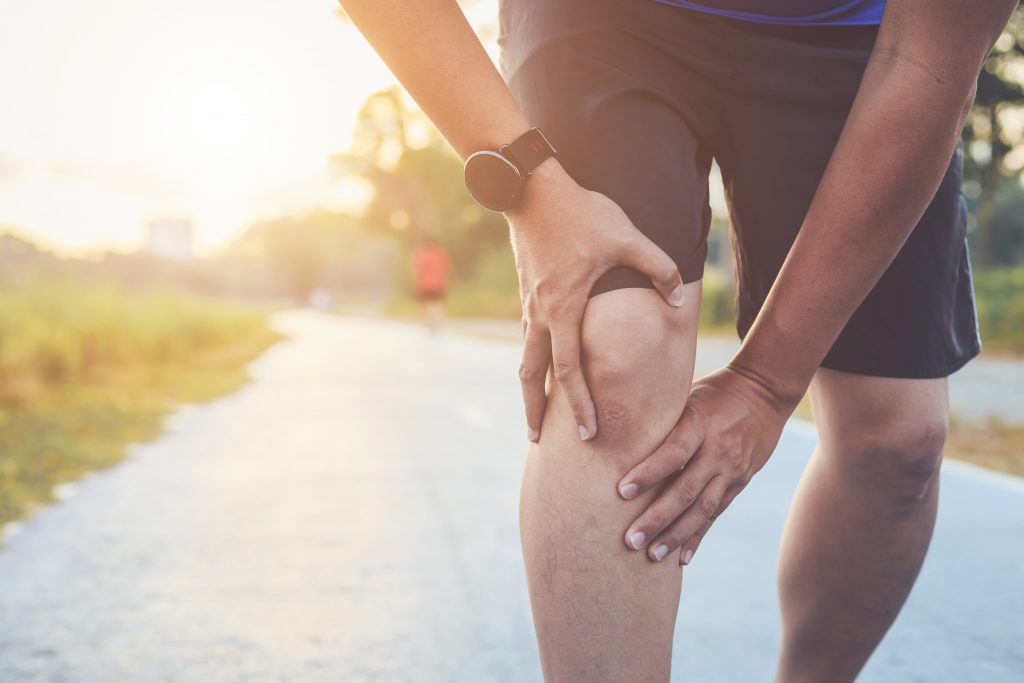Nutrition and sleep
Research shows that proper nutrition habits can improve an athlete’s sleep. Getting a good night of sleep is critical, as it boosts immune function, improves recovery times, and promotes learning, all of which can increase athletic performance. Good nutrition habits, such as eating a balanced diet and avoiding large meals before bed, can lead to…
Knee injuries in women’s soccer
In soccer, women have twice the risk of sustaining ACL knee injuries compared to men. Research shows that injury prevention programs such as FIFA 11+ can reduce ACL injury rates by up to 45% in women. Effective injury programs include multiple exercises focused on strength, agility, balance and mobility. To protect athletes from injury, teams…
The psychology of recovery among endurance athletes

View the summary of this research here. The development of sport performance takes a lot of hard training, and all that training also takes equal amounts of recovery. Recovery is about restoring performance capability after facing stress in various ways, mentally, physically, and socially (Kellmann et al., 2018). Sufficient recovery compensates for stress and spurs…
Key considerations for Para athlete recovery

Para sport has grown substantially in the past decades with increases in athlete participation as well as training intensities and sport performance (Patricios & Webborn, 2021; Fagher et coll., 2016). Yet, there is still limited research to help inform practice, especially concerning sport physiology and health in Para athletes (Gee et coll., 2021). Recently, more…
Psychosocial factors in overuse injuries
Overuse injuries develop from repetitive stress and are common in sports such as running and tennis. Unlike traumatic injuries (for example, a sprained ankle), overuse injuries cannot often be pinpointed to a single event. Research shows that psychosocial factors play a role in the development of overuse injuries. Individual factors such as competitive drive, perfectionism,…
Foam rolling beneficial to range of motion and recovery
Research from the School of Human Kinetics and Recreation at Memorial University has shown that foam rolling can increase range of motion, as well as reduce pain and the effects of delayed onset muscle soreness, without having any adverse effects on performance. Foam rolling is a useful tool for athletes during warm up or recovery.
Sleep hygiene
Sleep hygiene is an important aspect of recovery and includes behaviours that promote improved quantity and quality of sleep. Sleep is especially important for athletic performance and inadequate sleep can hinder an athlete’s ability to recover from training or injuries. Some sleep strategies that can be used to help improve sleep hygiene include maintaining a…
Foam rolling can increase flexibility, decrease pain with without negative effects on performance

Foam rolling has become very popular over the last decade. It is believed to increase flexibility and range of motion, improve athletic performance and reduce pain and muscle soreness. Our laboratory within the School of Human Kinetics and Recreation at Memorial University of Newfoundland has been working to verify these claims and determine whether…
Treating sport-related concussion with exercise
For decades, rest has been prescribed for sport-related concussion symptoms. But new evidence suggests that mild to moderate aerobic exercise can be a safe and effective concussion treatment. In fact, exercise can help speed up recovery and help athletes who experience symptoms beyond the expected recovery period.
Exercise for sleep
Wanting to exercise at night but worried that it will disrupt your sleep? Performing high-intensity exercise like running or cycling in the evening may benefit your nighttime sleep. The key is making sure that you finish your workout at least 2 hours before you plan to go to bed.